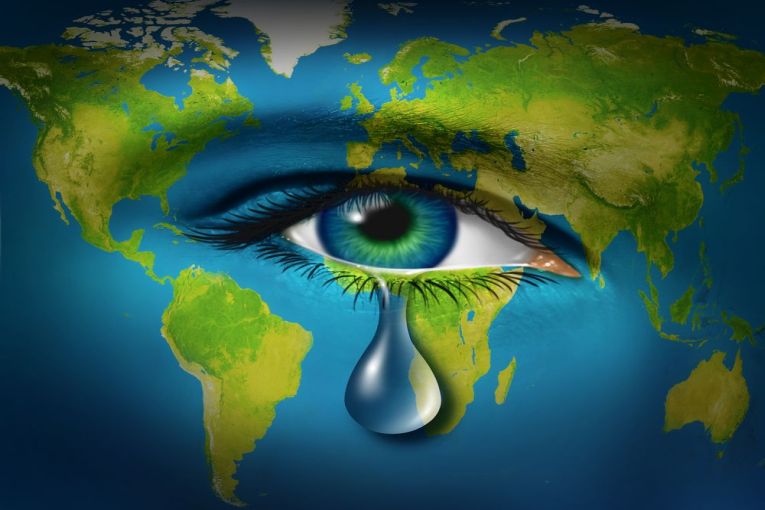World Refugee Day is held every year on 20th June, there are more displaced and forcibly-moved people and their families who need care in a country that is not their own. Internally displaced people also figure in this refugee problem, especially in the case of war.
While previous years have concentrated on protection, the home and families that are torn apart, this year features again the fleeing family. With the addition of a personal fundraising site, this theme involves taking a minute to support such families. Security and safety in your own culture with confidence in other nations and people acting responsibly seems a common UN theme. With refugees, it is pre-eminent.
People choose to leave their homes, or are forced out by some disaster to choose exile rather than death and injury. With several recent genocides, we should all be familiar with these situations so there is little excuse for ignoring the troubles of other peoples. To be honest, 43.3 million in 2010 was quite a peak (since the 1990s). 10.4 million found their way to the jurisdiction areas of the UN itself, while Palestinians numbering 4.7 million are still with the UN mandated UNRWA.
The "family of nations" that support this international set of actions is legion of course, with some supporting more than others. Other international organisations such as the Red Crescent and Red Cross and some national entities such as Medecins Sans Frontieres, or Doctors Without Borders are all coordinated by the IASC (the Inter-Agency Standing Committee) with UNHCR the lead agency for refugees. The camps it runs have many other agencies providing material, medical and spiritual help. Food, shelter and hospital facilities are possibly the more important. With a 5-year stay quite unacceptable as a regular period for people to remain there, more movement out from the camps is highly desirable.
Antonio Guterres, High Commissioner of the UNHCR has stated, "The problem of protracted refugee situations has reached enormous proportions - more than 30 [such] situations are to be found throughout the world, the vast majority of them in African and Asian countries which are struggling to meet the needs of their own citizens.










